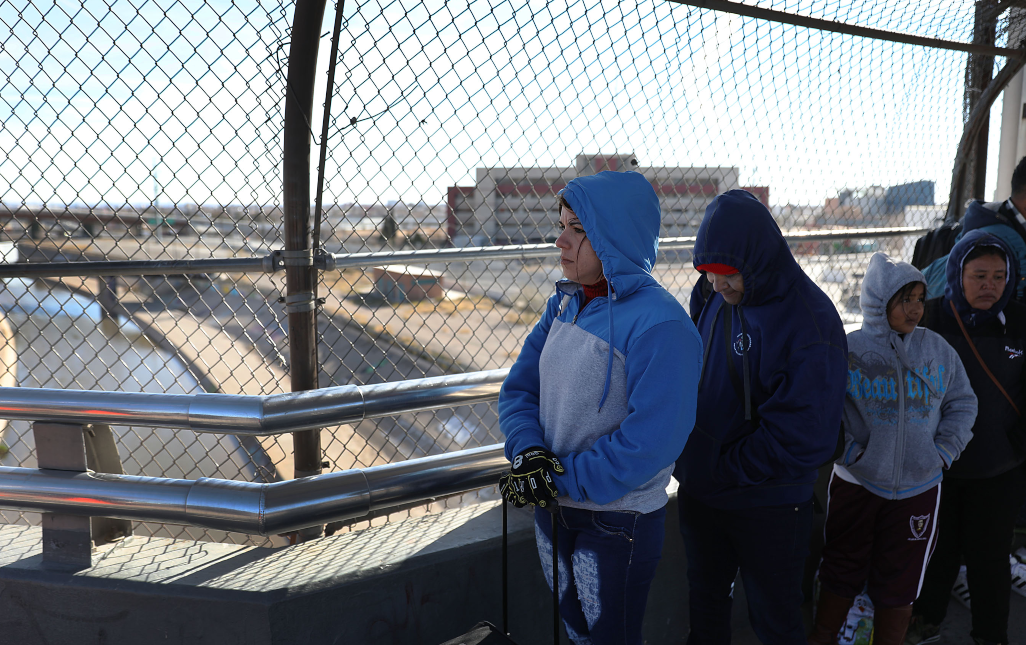
Cuban immigrants: caught between Trump's foreign policy and his election campaign
Cuban immigrants are finding increasingly adverse conditions, which they did not face before.
The policy commonly known as "wet feet, dry feet" ended in January 2017, during the last days of the Obama administration. It meant that all Cubans who managed to reach U.S. territory without being arrested could get a Green Card within a year. As a result, thousands of Cubans had greater opportunities to regularize their situation, get an education and get better jobs. In a way, it set them apart from other Latino communities.
The end of the "wet feet, dry feet" policy was the result of the process of re-establishing relations with Cuba that began in December 2014 and, by ending the privileged status that Cuban immigrants had, it finally established with the Cuban state the same kind of relations and procedures that immigrants from any other country had to do.
This has had immediate repercussions, both on Cubans already living in the United States and on those who try to arrive every day.
In the case of those who previously lived in the country, many of those who already had residency never sought to nationalize, and when they tried to leave and re-enter, they were detained by immigration, at the risk of being deported. Even those who arrived in the United States as children, for whom Cuba is nothing more than a memory in the mist of yesterday.
Meanwhile, those who are leaving the island are facing the fact that the U.S. embassy in Havana stopped processing immigration visas following an alleged sonic attack on its officials, increasingly long routes through Mexico and Nicaragua, cartel attacks in the face of the greater likelihood that Cubans (relative to other Latin American immigrants) will be able to send them dollars, and the increase in deportations of Cubans, which in the last two years has grown by 600%.
RELATED CONTENT
In addition to the resurgence of migratory averages, Cubans have had to face the return of economic sanctions, which have been described as "genocidal" by Foreign Minister Bruno Rodríguez.
As a result, international banks are avoiding transactions involving the island, potential investors are avoiding it, and firms that already have a presence are restructuring to reduce their risk.
An additional stress factor was the restriction on flights from the United States to Cuba: Since October of this year, they can only fly to one of the island's nine international airports: Havana. This represents both a terrible blow to the tourism and hotel industry and an added difficulty for Cubans with their situation legalized who want to travel to visit family. This is in retaliation for Cuba's support of Nicolas Maduro's government in Venezuela.
According to the statement given to Al Jazeera by Professor James Mahon, who teaches political science at Williams College in Massachusetts, this would be a strategy to attract the Cuban-American population in the key state of Florida, which historically has had a more Republican tendency and is very critical of the opening process led by former President Barack Obama.
The problem is that, even assuming the sanctions imposed by Trump have ultimately humanitarian objectives, what is becoming evident is an increasing mistreatment of those very rights they claim to care about. Where does this double logic end?










LEAVE A COMMENT: